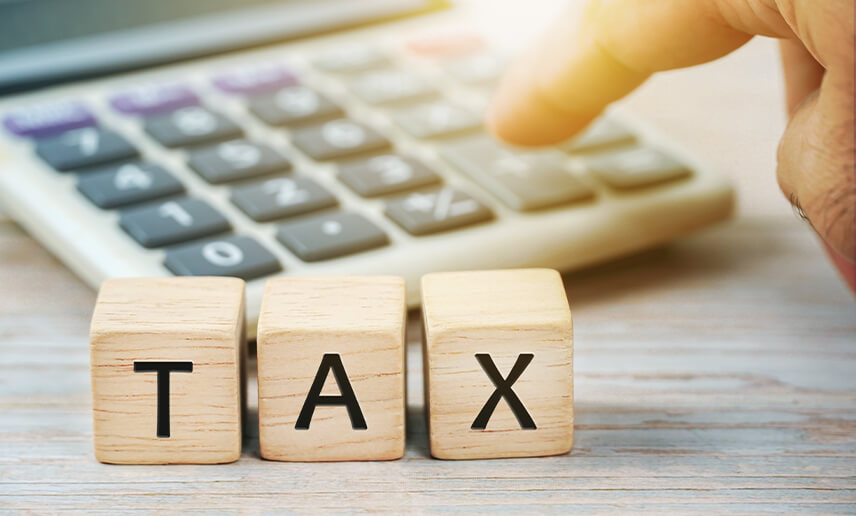An Overview of the Texas Bankruptcy Court Process

Filing for bankruptcy can be an intimidating experience due to the negative social stigma and feelings of uncertainty about your future. In reality, bankruptcy is a completely respectable and frequently-used tool for honest Americans to achieve a fresh start to their finances. If you are struggling with debt and are considering filing for bankruptcy, our firm has put together a brief summary of the bankruptcy court process to help alleviate some of these fears and better prepare you for what is to come.
1. Credit counselling: All debtors are required to undergo credit counselling within six months before filing for bankruptcy and must complete a financial management course after filing.
2. Means test: Your income and expenses over the past six months will be analyzed by the courts to determine if you are eligible for Chapter 7 bankruptcy. Chapter 7 bankruptcy will involve liquidating some of your assets to satisfy creditors, with any remaining unsecured debts being discharged upon completion. Chapter 13 bankruptcy, on the other hand, involves reorganizing your finances to repay creditors over a period of three to five years. If your income is less than the median, you may file for Chapter 7 bankruptcy.
3. Collecting paperwork: Once your eligibility has been determined, you must collect a detailed itemization of your income, expenses, debts, and assets for the last two years. Once the necessary paperwork has been collected, you should then determine which property you believe should be exempted from creditor seizure under Texas exemptions.
4. Filing for bankruptcy: To actually file for bankruptcy, you must submit a two-page petition and several other documents, known as schedules, to your district bankruptcy court. It is imperative you are honest and completely forthcoming with the information on these documents, as submitting a false petition can harm the outcome of your case and possibly result in criminal prosecution. Filing requires you to pay a fee of $306 for Chapter 7, or $281 for a Chapter 13 filing.
5. Submit a repayment plan: If you are petitioning for Chapter 13 bankruptcy, you will need to submit a proposed repayment plan to the courts. An attorney can examine your finances and help you create a plan that will satisfy your creditors. If approved, you must immediately begin making your payments and remain faithful to the plan for its entire length.
6. Automatic stay: An automatic stay will go into effect immediately upon filing for bankruptcy, protecting you against all creditor collection efforts and communications. This will also cease any foreclosure proceedings you may be facing.
7. Bankruptcy trustee: The courts will assume control of your debts and non-exempt assets and place them in the care of a trustee. The trustee will act as a representative for both you and your creditors, and may challenge any element of your case.
8. Meeting of creditors: About a month after submitting your petition, your trustee will call a meeting with you and your creditors, known as a “341” meeting. You must attend this meeting. Any objections to your petition will be made known at this meeting, in which case your attorney can help you negotiate a mutual agreement. A judge will intervene in the event that an agreement cannot be reached. If you filed for Chapter 7 bankruptcy, your creditors will have 60 days to contest your right to a discharge. If there are no challenges, your debts will be discharged within a period of three to six months.
9. Chapter 13 plan confirmation: If you filed for Chapter 13 bankruptcy, you will need to attend one final meeting with a bankruptcy judge who will confirm or reject your repayment plan. In the event that your plan is confirmed, and that you adhere to its terms, any dischargeable unsecured debts you may still owe will be eliminated.
Contact The Pritchard Law Firm
At The Pritchard Law Firm, our Fort Worth bankruptcy lawyers have been helping clients find solutions to their debt since 1989 and can guide you step-by-step towards a new financial future. With more than 45 years of combined legal experience and a 2015 Avvo Clients’ Choice Award for our top-notch advocacy, your case is sure to be in excellent hands.
Call (817) 285-8017 or schedule a free consultation today to get started.
Categories: BankruptcyChapter 13Chapter 7DebtFAQ


